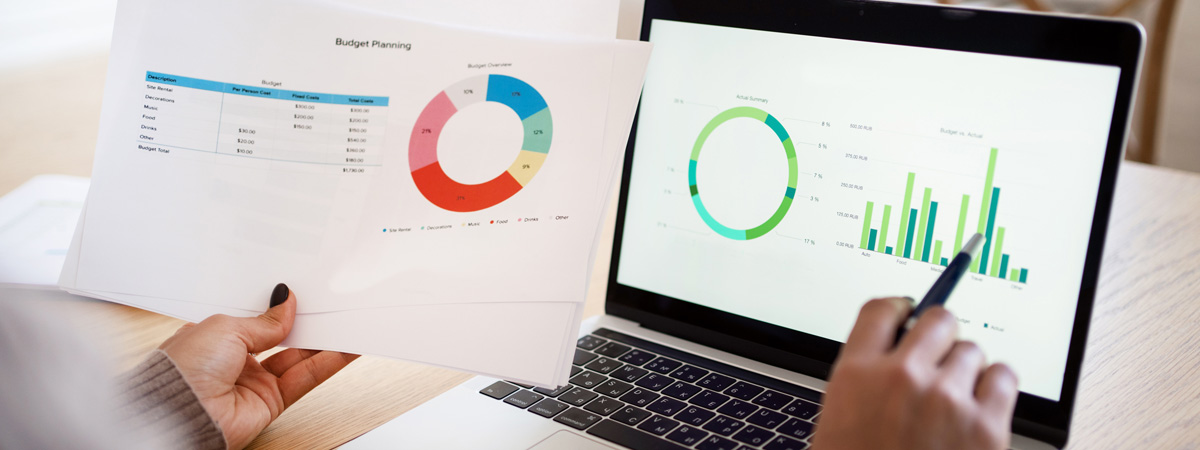Washington’s “we know what’s best for you” mindset – especially when it comes to our wallets – has reached a critical juncture: a myriad of proposed rules, regulations, and legislation could now de-bank millions of consumers who rely on essential bank products each and every day to achieve their American dreams.
Regulators know the harm they are set to inflict on consumers. Government research has clearly shown these regulations reduce consumers’ access to financial services and drive up the cost of credit. Unfortunately, this could result in the historic de-banking of low- and- moderate income Americans, forcing hardworking families outside of the well-regulated banking system to less safe, more expensive alternatives.
While each of these rules on their own have significant implications for consumers, the cumulative impact of the hundreds of new rules proposed by the Biden administration will undoubtedly have far-reaching ramifications for consumers, banks, and the economy. De-banking is the real-life cost when regulators make policy based on short-term politics, rather than facts and data.
For instance, the CFPB’s rule to cap credit card late fees to $8 may be an effective short-term campaign pitch, but the CFPB’s political giveaway would ultimately harm consumers in the long run. The CFPB itself acknowledges that for the nearly 74 percent of people that pay their bills on time, their costs would likely increase because of this rule. Even those consumers that the CFPB’s rule is supposed to help — those who frequently pay late — may save a little over $20 in the near term after paying their credit card bill late, but their long-term consequences are far greater. Data shows that when cardholders miss payments or pay late, the long-term damage to their financial health is so much larger than the late fee, which could mean higher costs or losing access altogether for future credit to buy a car or home.
Having a bank account is incredibly important, especially for lower income Americans. Banks offer consumers one of the best low-cost or free accounts insured by the FDIC, as a means to access and safeguard their hard-earned money, particularly compared to some of the non-bank alternatives like check cashers and prepaid cards.
In a recent consumer survey, 92 percent of respondents said they were extremely or moderately satisfied with their primary banks, with courtesy overdraft services being highly valued by consumers. For millions of Americans who live paycheck to paycheck or face unexpected emergency expenses, banks provide overdraft services to help consumers make ends meet until their next paycheck. Frequent overdraft users explain that they rely on this service for essential day-to-day purchases like food, utilities and transportation. Many consumers also reported lacking credit alternatives, meaning overdraft services allow them to pay their bills without having to sell their household goods, borrow from friends or family, or turn to pawn shops, payday, or car title loans.
America’s leading banks understand the important role overdraft plays in consumer financial resilience too, which is why the vast majority of the nation’s largest financial institutions have implemented widespread reforms intended to provide greater control and reduced fees that have cumulatively saved consumers $6.1 billion since 2019 without government regulation or mandates. Despite all this, the Biden administration’s recent overdraft proposal attempts to impose government price controls and stifle innovation of this critical banking service. This one-size-fits-all approach would result in less financial cushion for the most financially vulnerable people in our banking system.
The Bureau isn’t the only agency with proposals that will de-bank Americans. The Federal Reserve Board has a new rule on debit interchange fees, known as Regulation II, that could cost consumers money and take away services. The Federal Reserve’s own research shows that the last time the Fed mandated price controls on your debit card, it directly led to free checking accounts being less available, minimum account balances going up, and consumers paying more fees. And it will happen again if the Fed’s proposed rule goes into effect. In fact, according to analysis by Nick Bourke, former Director of Consumer Finance at The Pew Charitable Trusts, the costs of checking accounts would likely increase between $1.3 and $2 billion under the Federal Reserve current proposal. This would further threaten free checking accounts, which millions of Americans rely on- especially those on the margin who most need access to the banking system.
These are just a few examples of misguided proposals that threaten to undo decades of progress that come as a result of consumers using the well-regulated banking system. There are other proposals from regulators that many Americans may not be aware of but will nevertheless impact their long-term financial health. According to our analysis, many of these rules will impact consumers who are low- and moderate-income, disabled, and Black or Hispanic the most.
Americans rely on their banks to support them in nearly every aspect of their lives. And banks have made tremendous progress to provide affordable and often free services to their customers, while still managing risk and the safety and soundness of the financial system. Those who do not learn from the past, however, are doomed to repeat it. If Washington continues with its misguided, often politically-motivated approach to regulations, millions of Americans could end up de-banked, and all consumers could see costs go up for financial services.
Politicians may feel that it’s easy to score quick political wins by demonizing large institutions like banks. We urge Washington to resist its temptation to score political points with misguided proposals to arbitrarily put price controls in place. Otherwise, we risk de-banking the most vulnerable Americans who need access to the banking system most.




